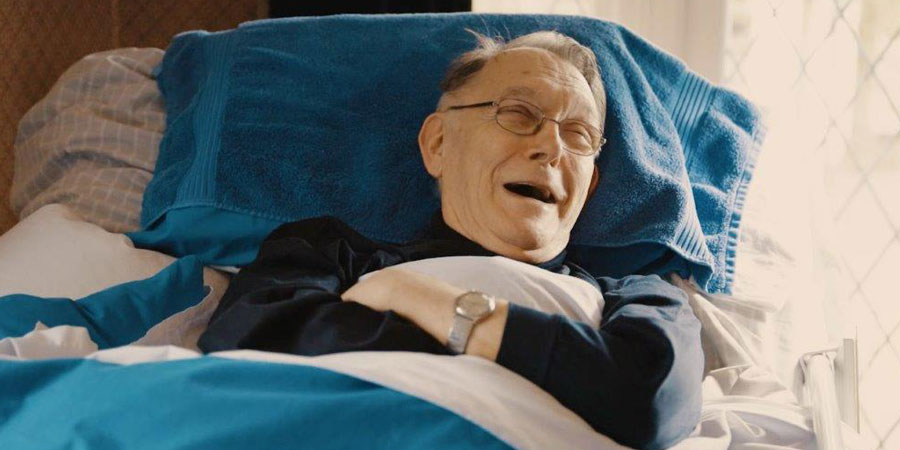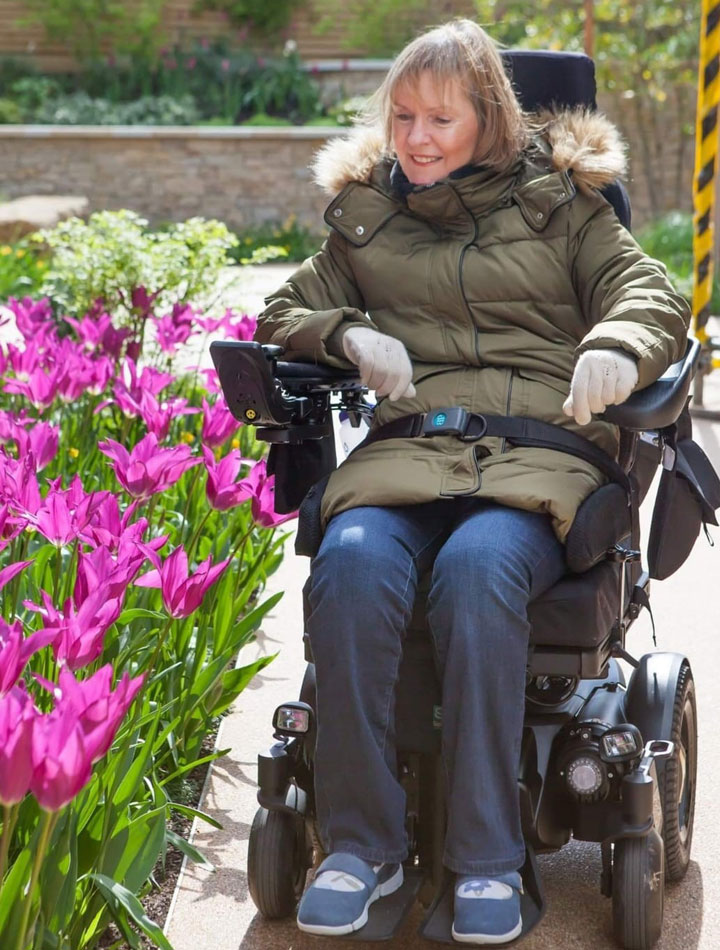A qualified carer to travel with you, on hand 24 hours a day!

If you or a loved one require more support or have an ongoing health condition, you may be apprehensive about taking a holiday. Holidays are important to recharge and to experience new places, or visit family and friends.
If you or a loved one need support in order to take a holiday, then we can provide a qualified carer to travel with you for added peace of mind.
If on the other hand, you are caring for a loved one and need to take a break or travel for work reasons, we can put a temporary carer in place to live in your home while you’re away. This is known as respite care and you can find out more about our live-in respite care here.
If your loved one has specialist needs?
We have a highly trained, complex care team who can offer a professional, compassionate and person-centred care service. Find out more about our live-in complex care service here. If you or your loved one has complex care needs, we can also provide a specialist carer to accompany you on holidays.

Get in touch to find out how we can support you.